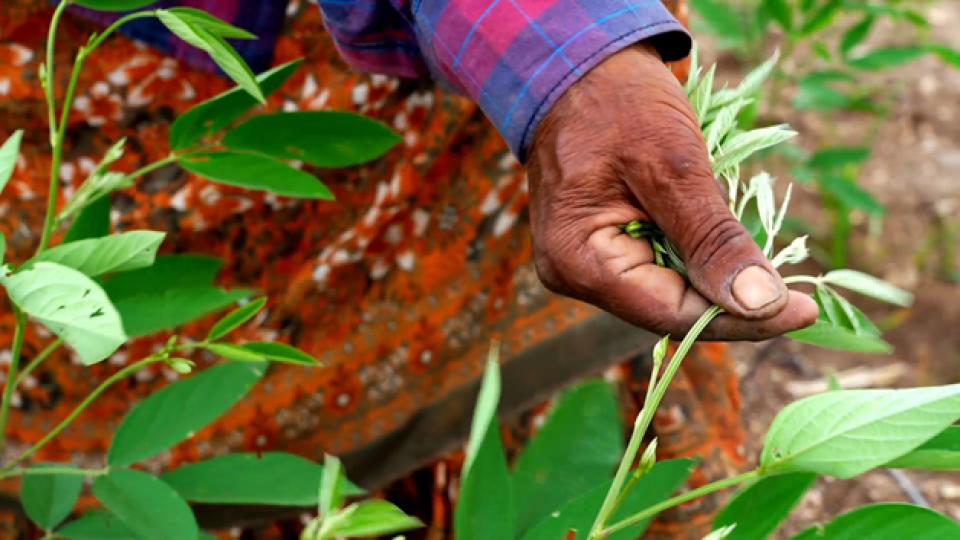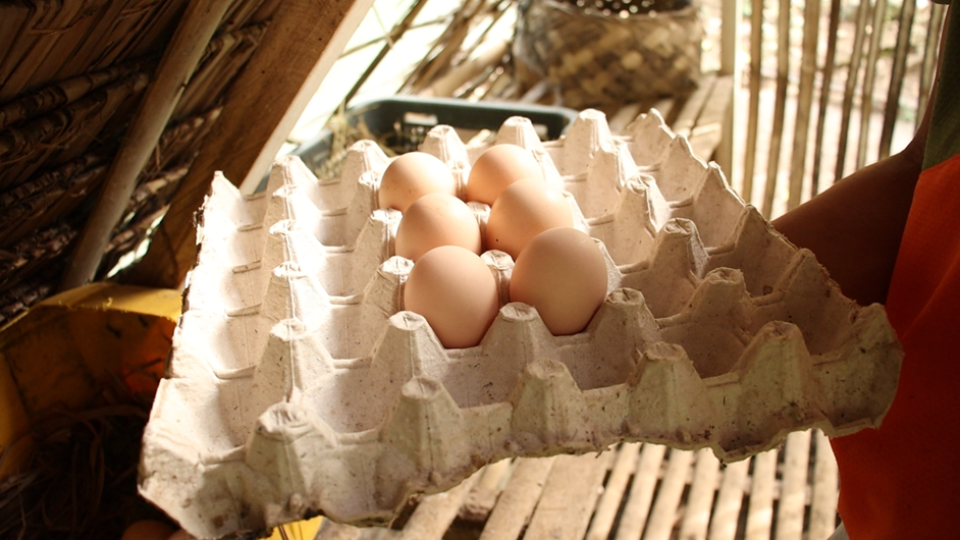

In this era when many societies have embraced fast food and convenient, ready-made meals, it was refreshing to watch a documentary on the Korean Air flight back home recently, showing how citizens, chefs and scientists across the globe are increasingly waking up to the importance of nurturing and promoting local food cultures.
Dustin Wessa, the presenter in the documentary, “The Chef of Time,” is an American chef who has been living in Korea for 15 years, specialising in fermented food and beverages, such as Makgeolli, a milky and lightly sparkling rice wine.
In his opening statement, the friendly chef explains in fluent Korean that the most complex tastes are not created by people, but by millions of micro-organisms (yeasts, lacto-acid bacteria and moulds) which he playfully calls “micro-chefs”. If we want to use the help of this army of cooks, we need time and patience, which Wessa lists as key ingredients for the preparation of delicious food and beverages.
While showing nature’s beauty and picking up a handful of forest soil, Dustin Wessa illustrates the rich diversity of micro-organisms and explains that they are all around us: in the air, soil, on plants and every part of the planet.
A Korean scientist explains in layman’s language that fermentation and decay are basically the same process whereby micro-organisms break down components in nature. But unlike decay, fermentation is of immediate benefit to people for food preservation and production.
About 4,000 years ago the first fermented breads were made in Egypt. Most likely natural yeasts flying around in the air had landed on wheat dough that was kept in the open air. From this moment on, yeasts would be part of the sourdough, causing the dough to rise.
While many societies across the world have independently developed fermentation techniques, it was not until the 19th century that people began to understand that micro-organisms were causing food and beverages to ferment or to spoil. (Helped by the discovery of the microscope, Louis Pasteur studied microbial fermentation and came to understand how heat killed bacteria. This led to the name ‘pasteurisation’).
In many countries across the world, just one species of commercial yeast is used to make bread, beer and wine, namely Saccharomyces cerevisiae. Different strains of this single-celled fungus microorganism are mass multiplied in laboratories to serve different purposes. Micro-organisms in the food industry have become an expensive ingredient. Annually, Korea has imported millions of dollars’ worth of yeast for use in its highly popular bakery and pastry industry.
Doing research on micro-organisms in nature is a complex matter as there are millions of species and countless interactions between them and their environment. Up to now, about 1,600 species – a small fraction of the estimated 150,000 useful species – have been identified which have economic importance in food preservation and preparation worldwide.
When Korean scientists discovered a local yeast that could be used in bread making, they were quick to mass multiply and market it, saving the country millions of dollars.
The documentary does further justice to the importance of treasuring local microbial diversity by putting it all in a global perspective. When the entire world depends on just a few commercial species to prepare food, our food system would become highly vulnerable and prone to the vagaries of commercial and political interests.
To avoid making the same mistakes as with seeds of major food crops, which are in the hands of a few large corporations, we need to ensure that local micro-organisms remain a public good, protected from private capture. Only by doing so, we will be able to keep local food cultures alive.
Watch Access Agriculture related videos


